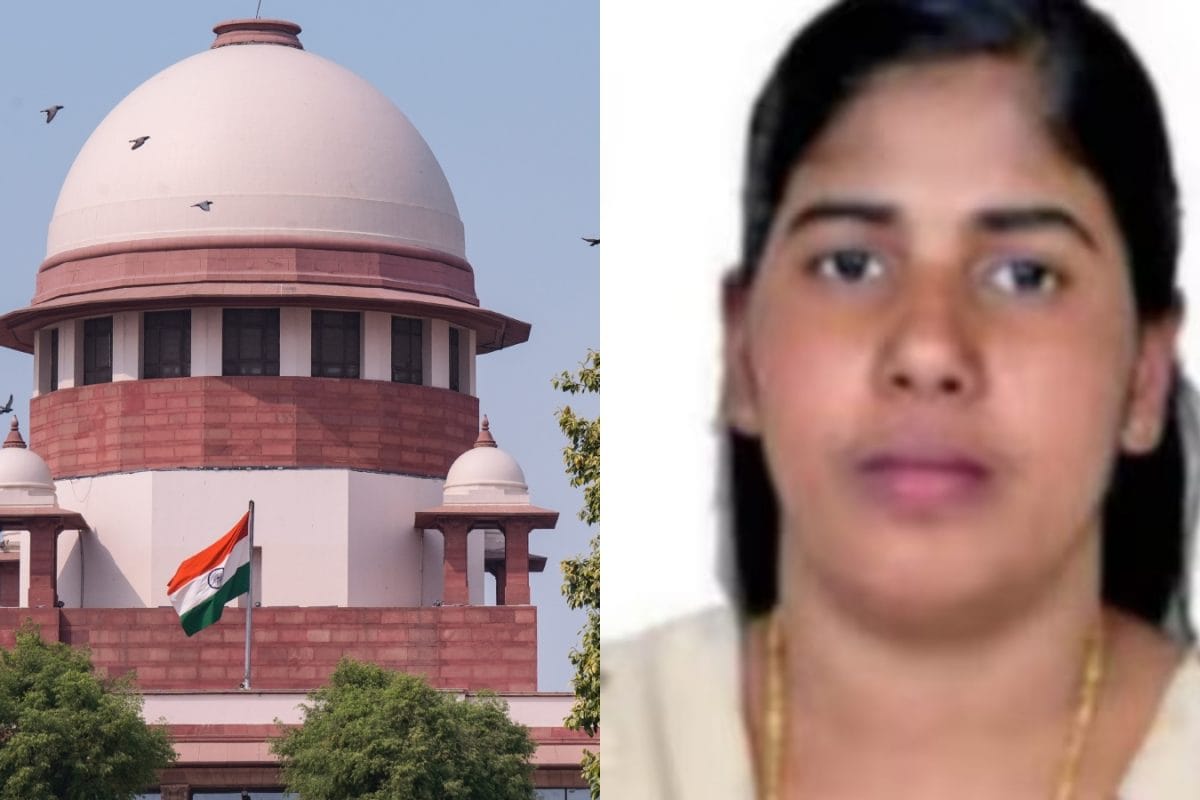

The Supreme Court of India has agreed to hear an urgent plea regarding the case of Nimisha Priya, a Kerala nurse sentenced to death in Yemen for the murder of a Yemeni national. The execution is reportedly scheduled for July 16.
The plea urges the Indian Central government to intervene diplomatically to halt the execution and secure her release or commutation. The petitioner has requested the government to use diplomatic channels. The court has requested assistance from the Attorney General and has scheduled the case to be heard on Friday.
The petitioner, identified as "Save Nimisha Priya Action Council", is seeking directives to the Indian government to secure her release from Yemen through diplomatic channels. Nimisha Priya was sentenced to death for the murder of Talal Abdo Mahdi in 2017. The petitioner is also urging diplomatic efforts to facilitate the payment of blood money, which could potentially lead to her release.
This case has drawn significant attention, highlighting the complexities faced by Indian nationals working abroad, particularly in regions with vastly different legal systems. The Supreme Court's decision to hear the plea underscores the urgency and gravity of the situation. The court's intervention offers a glimmer of hope for Nimisha Priya and her family, who are desperately seeking a way to prevent the execution.
The focus now shifts to the Indian government and its diplomatic capabilities. The government's response and actions in the coming days will be critical in determining the outcome of this case. The use of diplomatic channels, negotiation for blood money, and engagement with Yemeni authorities are all potential avenues that could be explored.
The case also raises broader questions about the protection of Indian citizens abroad and the extent to which the government can intervene in foreign legal matters. It serves as a reminder of the challenges and risks associated with international employment and the importance of legal safeguards for expatriate workers.